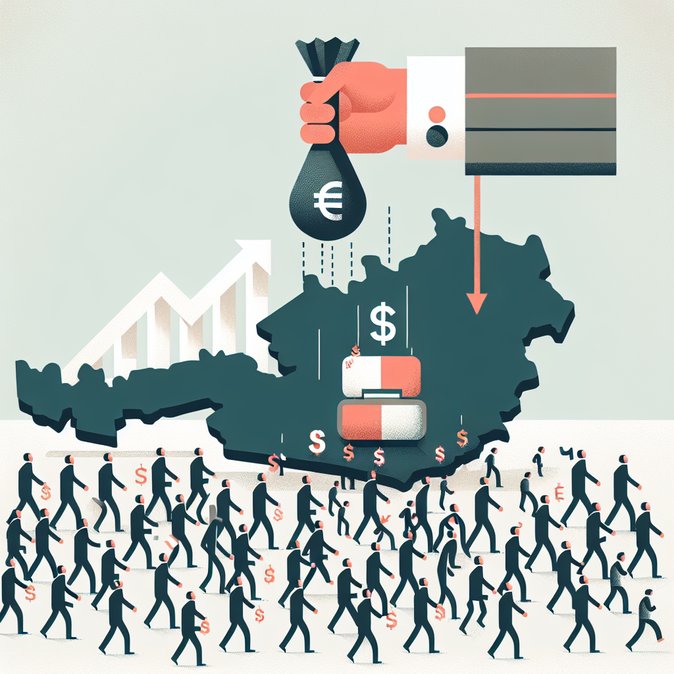
The European Commission announced on 12 November that six member states—including Austria—may apply for full or partial relief from their financial and relocation obligations under the forthcoming EU Pact on Migration and Asylum. Brussels cites “significant migratory pressure” accumulated over the past five years as justification.
Under the pact’s Solidarity Pool, countries are expected to share the burden of asylum management via either migrant relocations, financial transfers or operational support. Austria, Bulgaria, Croatia, Czechia, Estonia and Poland can now request deductions for 2026. The exemption option acknowledges that these states already face stretched reception capacity or land-border control challenges.
![EU Flags Austria for Temporary Exemption from New Migration Pact Contributions]()
For Austrian policy-makers the carve-out eases budget planning but could reignite domestic debate over perceived unfair burden-sharing within the EU. From a corporate-mobility angle, the announcement signals that asylum-related pressures—and associated internal Schengen checks—are unlikely to abate soon, reinforcing the case for continued contingency planning around cross-border staff moves.
The Commission will finalise Solidarity Pool contributions during 2026 budget talks. Mobility managers should monitor whether any Austrian concessions come with strings attached that might affect processing times for work permits or humanitarian residence applications.
Under the pact’s Solidarity Pool, countries are expected to share the burden of asylum management via either migrant relocations, financial transfers or operational support. Austria, Bulgaria, Croatia, Czechia, Estonia and Poland can now request deductions for 2026. The exemption option acknowledges that these states already face stretched reception capacity or land-border control challenges.

For Austrian policy-makers the carve-out eases budget planning but could reignite domestic debate over perceived unfair burden-sharing within the EU. From a corporate-mobility angle, the announcement signals that asylum-related pressures—and associated internal Schengen checks—are unlikely to abate soon, reinforcing the case for continued contingency planning around cross-border staff moves.
The Commission will finalise Solidarity Pool contributions during 2026 budget talks. Mobility managers should monitor whether any Austrian concessions come with strings attached that might affect processing times for work permits or humanitarian residence applications.









